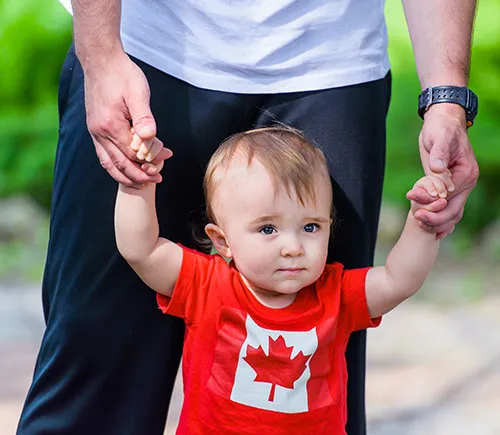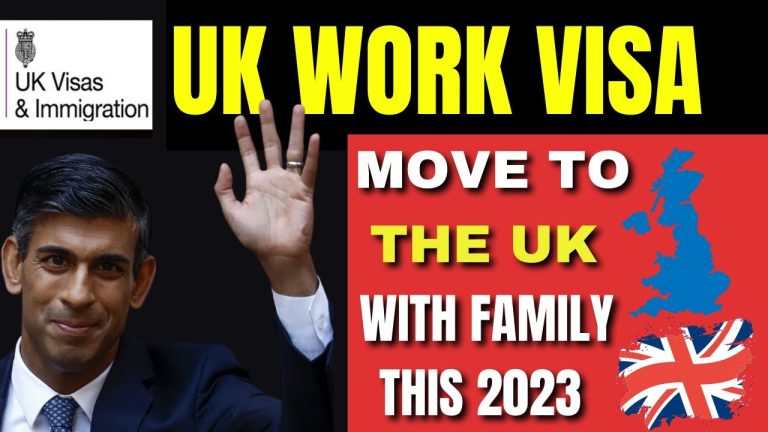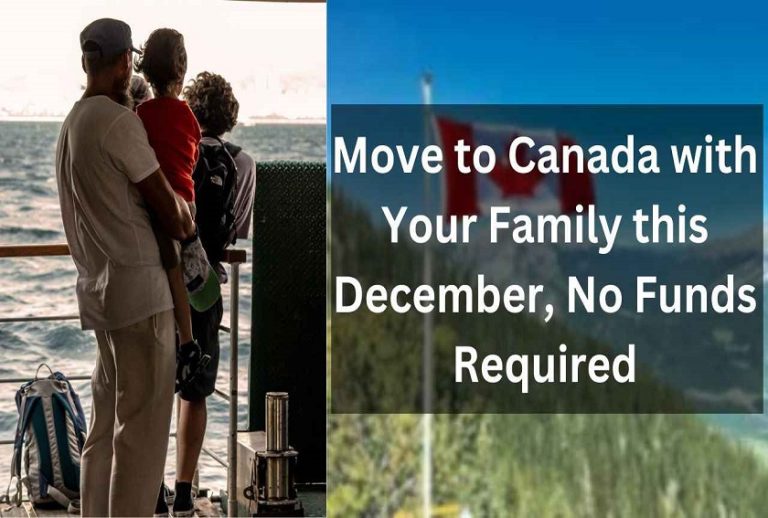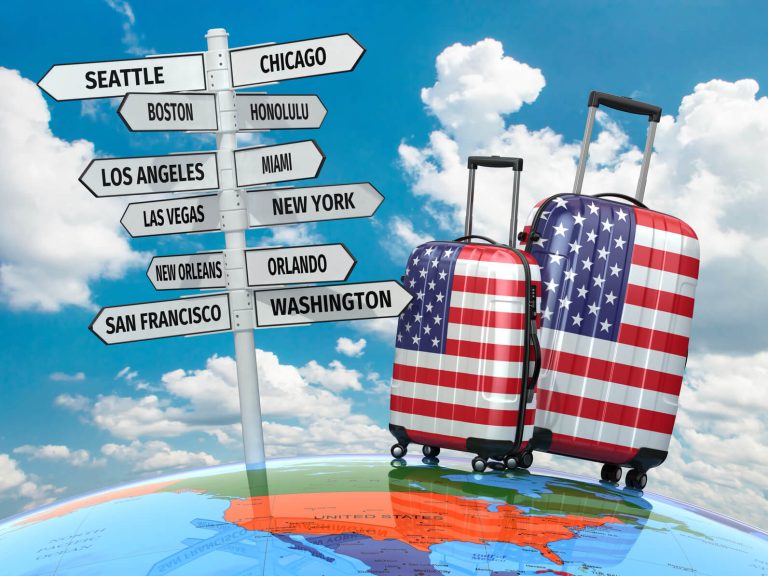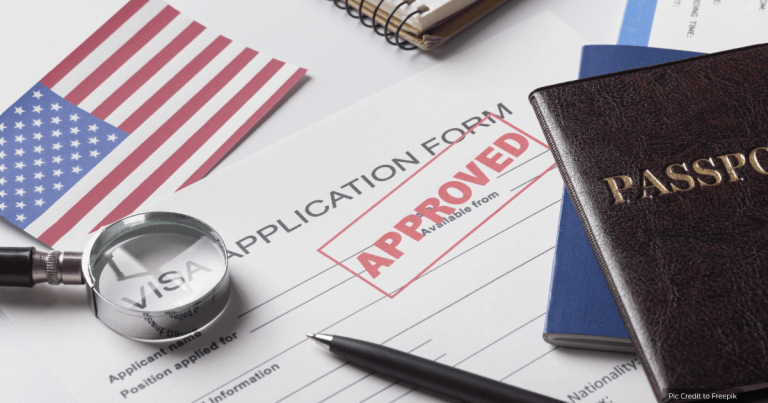How to Marry a Canadian Citizen and Get a Visa: A Comprehensive Guide
Marrying a Canadian citizen is not only a beautiful journey of love but also a pathway to permanent residency in one of the most welcoming countries in the world. Canada, known for its multicultural society and high standard of living, offers various immigration programs to help spouses and partners reunite. However, the process can be intricate, requiring a thorough understanding of immigration laws and procedures. This blog post aims to guide you through the entire process of marrying a Canadian citizen and obtaining a visa, covering everything from initial preparations to final approvals.
Advertisements
What is a Spousal Visa?
A spousal visa is a type of immigration visa that allows the spouse of a Canadian citizen or permanent resident to live and work in Canada. This visa is part of the Family Class Sponsorship Program managed by Immigration, Refugees and Citizenship Canada (IRCC).
Eligibility and Criteria
To be eligible for spousal sponsorship, both the sponsor (the Canadian citizen or permanent resident) and the sponsored person (the foreign spouse) must meet certain criteria:
- Sponsor Requirements:
- Must be a Canadian citizen or permanent resident.
- Must be at least 18 years old.
- Must reside in Canada (Canadian citizens living abroad must plan to return to Canada when the sponsored person becomes a permanent resident).
- Must not be receiving social assistance for reasons other than disability.
- Must be able to provide financial support to the sponsored person.
- Sponsored Person Requirements:
- Must be at least 18 years old.
- Must pass background, security, and medical checks.
- Must be legally married to the sponsor or in a common-law partnership for at least one year.
Step-by-Step Process to Marry a Canadian Citizen and Get a Visa
1. Preparing for Marriage
Before you can apply for a spousal visa, you must be legally married to your Canadian partner. Here are the steps to prepare for marriage:
A. Verify Marriage Eligibility
Ensure that both you and your partner are eligible to marry under Canadian law. This includes:
Advertisements
- Both parties must be free to marry (not currently married to someone else).
- Both parties must be of legal age (18 or older, or as specified by the province/territory).
B. Gather Required Documents
Prepare the necessary documents for your marriage. These typically include:
- Birth certificates or passports.
- Proof of single status (if previously married, a divorce decree or death certificate of the former spouse).
- Identification documents (e.g., driver’s license, health card).
C. Choose the Type of Ceremony
Decide whether you will have a civil or religious ceremony. Civil ceremonies are performed by a government official, while religious ceremonies are conducted by a recognized religious representative.
D. Obtain a Marriage License
Apply for a marriage license from the province or territory where the wedding will take place. This license is usually valid for a specific period (e.g., 90 days) and allows you to get married within that timeframe.
E. Get Married
Have your wedding ceremony and obtain a marriage certificate. This certificate is crucial for your spousal visa application as it proves your legal marriage.
2. Applying for a Spousal Visa
Once you are legally married, you can begin the process of applying for a spousal visa.
Advertisements
A. Gather Necessary Documents
The spousal visa application requires extensive documentation to prove the genuineness of your relationship and your eligibility. These documents typically include:
- Marriage certificate.
- Proof of sponsor’s Canadian citizenship or permanent residency.
- Proof of genuine relationship (e.g., photos, communication records, joint financial documents).
- Police certificates for the sponsored person.
- Medical examination results for the sponsored person.
- Completed application forms.
B. Complete Application Forms
Both the sponsor and the sponsored person must complete several forms. These include:
- IMM 5289 (Sponsorship Agreement and Undertaking)
- IMM 1344 (Application to Sponsor, Sponsorship Agreement, and Undertaking)
- IMM 5533 (Document Checklist)
- IMM 5669 (Schedule A – Background/Declaration)
- IMM 5406 (Additional Family Information)
Ensure all forms are filled out accurately and signed where required.
Advertisements
C. Pay the Required Fees
Pay the application processing fee, the right of permanent residence fee, and the biometrics fee (if applicable). These fees can be paid online through the IRCC website.
D. Submit the Application
Submit your complete application package to the IRCC. Make sure to include all required forms, documents, and proof of payment. Incomplete applications may be returned, causing delays.
3. Post-Application Process
A. Acknowledgment of Receipt
Once your application is received, IRCC will send an acknowledgment of receipt (AOR). This document confirms that your application has been received and provides you with an application number for tracking purposes.
B. Biometrics and Medical Exam
If required, the sponsored person will need to provide biometrics (fingerprints and photo) and undergo a medical examination by an IRCC-approved panel physician.
C. Background and Security Checks
IRCC will conduct background and security checks on the sponsored person to ensure they do not pose a risk to Canadian security.
D. Relationship Assessment
IRCC will assess the genuineness of your relationship. They may request additional evidence or conduct interviews with you and your spouse to verify the authenticity of your marriage.
4. Decision and Next Steps
A. Approval or Refusal
After reviewing your application and supporting documents, IRCC will make a decision. If your application is approved, you will receive a confirmation of permanent residence (COPR) and instructions on how to complete the landing process. If your application is refused, you will be given reasons for the refusal and information on how to appeal the decision if applicable.
B. Landing in Canada
If your application is approved, the sponsored person must complete the landing process to officially become a permanent resident of Canada. This involves:
- Presenting the COPR and passport to a border services officer at a Canadian port of entry.
- Confirming your intent to reside in Canada.
- Providing a Canadian address for the permanent resident card to be mailed.
5. After Becoming a Permanent Resident
A. Rights and Responsibilities
As a permanent resident of Canada, you will have the right to live, work, and study anywhere in Canada. You will also have access to healthcare and social benefits, protection under Canadian law, and the right to apply for Canadian citizenship after meeting residency requirements.
B. Maintaining Permanent Resident Status
To maintain your permanent resident status, you must:
- Live in Canada for at least 730 days (2 years) within a 5-year period.
- Comply with Canadian laws and regulations.
C. Applying for Citizenship
After meeting the residency requirements, you may be eligible to apply for Canadian citizenship. This requires:
- Physical presence in Canada for at least 1,095 days (3 years) within the 5 years before applying.
- Filing taxes for at least 3 years within the 5-year period.
- Passing a citizenship test (if you are between 18 and 54 years old).
Conclusion
Marrying a Canadian citizen and obtaining a spousal visa is a multi-step process that requires careful planning, thorough documentation, and adherence to Canadian immigration laws. While the journey can be complex, the reward of reuniting with your loved one and starting a new life in Canada makes it all worthwhile. By following this comprehensive guide, you can navigate the process with confidence and ease, ensuring a smooth transition to your new life in Canada.
If you have any questions or need further assistance, consider consulting with an immigration lawyer or a registered immigration consultant to help guide you through the process. Good luck on your journey to becoming a permanent resident of Canada!
Advertisements

